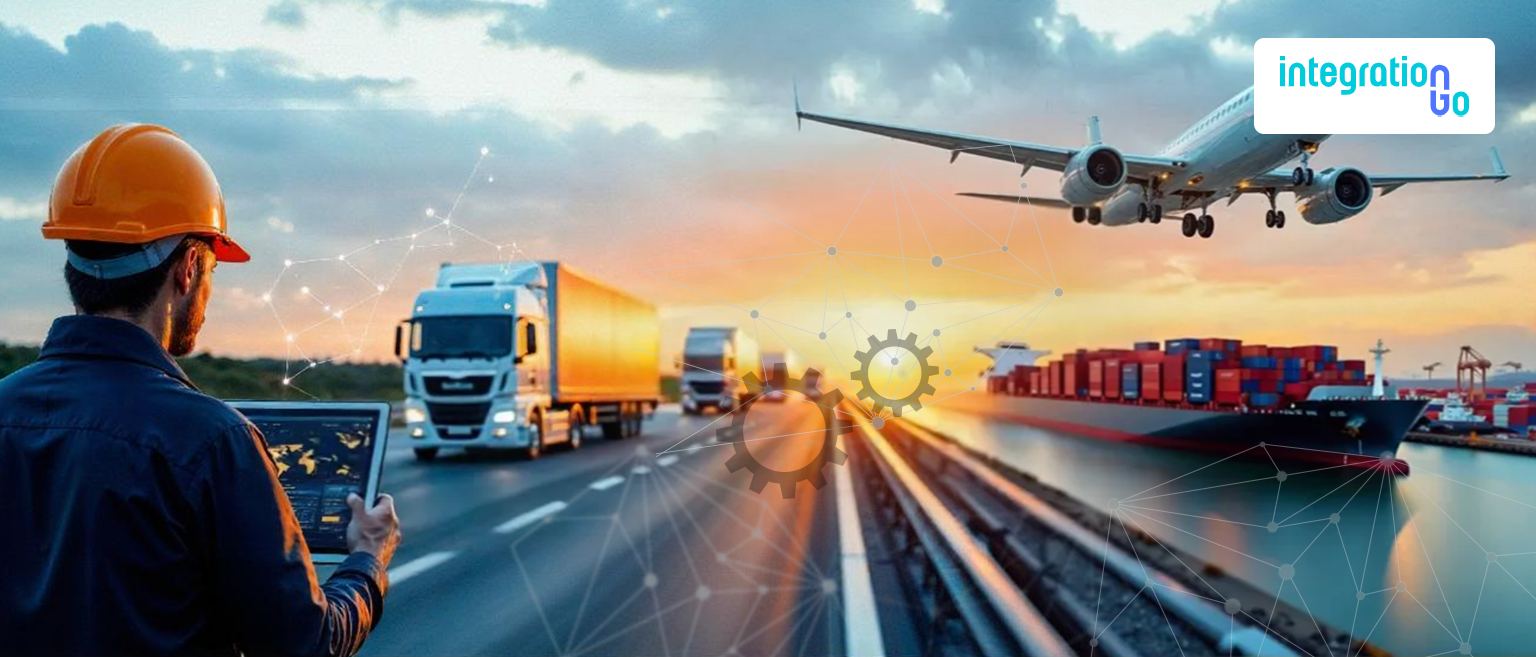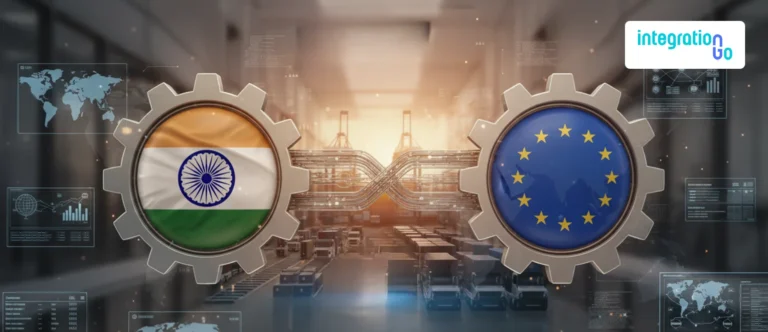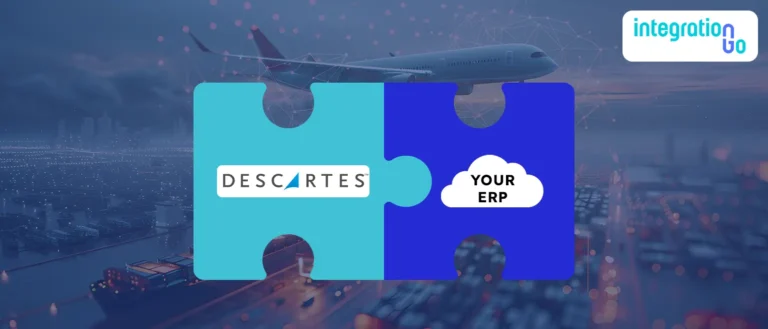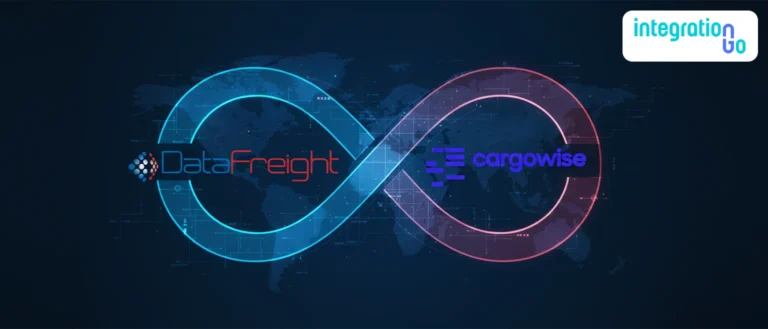Supply chains are not patient.
From scheduling freight and allocating carriers to monitoring shipments and balancing invoices, every minute matters. To handle the most important parts of their workflow, however, a lot of transportation and logistics specialists continue to rely on unconnected systems, spreadsheets, or endless back-and-forth emails.
You are 100% correct if you have ever reasoned, "There must be a better way." There is no better way than system integration, which is now a need for freight forwarders, 3PLs, and carriers hoping to maintain their competitiveness in the on-demand market of today.
Using CargoWise and other platforms, let's examine what transportation and logistics integration is, why it matters, and how it is changing businesses.
What Exactly is Transport and Logistics Integration?
Transport and logistics integration refers to the process of connecting your Transportation Management System (TMS), like CargoWise or any other ERP, with external systems used by your suppliers, customers, carriers, and partners. Think of it as building digital highways where your data flows automatically and securely between systems, instead of being manually keyed in.
Whether you’re automating shipment bookings, syncing tracking data, or generating invoices, integration ensures all systems are talking to each other in real time.
Why Integration is More Important?
Moving boxes is only one aspect of logistics. Delivering visibility, cost-effectiveness, and predictability is the goal. When system integration isn't smooth, you're left managing too many disparate parts:
- Manual order entries that introduce errors
- Delayed shipment tracking due to a lag in data exchange
- Invoices are getting lost or duplicated between platforms
- Customers are calling for updates instead of getting real-time notifications
Integration solves these headaches by automating workflows and enabling a single source of truth across your supply chain.
What Integration Actually Does for You
1. Effortless Order Management
Orders come in from customers, get processed instantly, and are passed to carriers without anyone manually typing them into different systems. Whether you’re using CargoWise or another TMS, integration standardizes this process, reducing delays and errors.
2. Smarter Shipment Processing
Transport labels, tracking numbers, and pickup requests are generated automatically. That means faster handling in the warehouse and better planning for carriers.
3. Seamless Carrier Communication
As soon as a shipment is ready, your system notifies the relevant carrier, no calls, no emails, just clean, automated coordination. If they send status updates back, those get logged in real-time too.
4. Real-Time Shipment Visibility
Customers want transparency, and integration gives you that. You can provide live updates on shipment status, ETAs, and delivery confirmations directly from your system.
5. Instant Proof of Delivery (POD)
Whether it’s an e-signature, a photo, or a timestamp, proof of delivery can be captured digitally and shared automatically across systems. No more chasing down paper slips.
6. Compliance & Documentation
Need customs documentation? Dangerous goods declarations? Invoices or manifests? Integrated systems generate and store these instantly, ensuring you're audit-ready without the scramble.
Integration for Every Logistics Professional
Although CargoWise is a powerful TMS used globally, not every logistics business operates on it. That’s why solutions like IntegrationGo are built to support a wide range of platforms, including SAP, Oracle, Infor, Xero, QuickBooks, and more.
Whether you’re a small freight forwarder using a local WMS, or a multinational transport provider using an enterprise ERP, the integration model is the same automate, streamline, and scale.
The Integration Process: What Does It Take?
Integration may sound technical, but it doesn’t have to be hard, especially when managed by the right partner. Here’s what a typical implementation looks like:
- Business Workflow Analysis – Understand what systems you’re using, and how data currently flows.
- Data Mapping & Design – Identify what needs to talk to what (e.g., orders to carriers, invoices to finance).
- API or EDI Configuration – Set up the necessary connections based on your platform.
- Testing & Validation – Run simulations to catch issues before they impact operations.
- Go Live – Flip the switch and go fully integrated.
- Support & Optimization – Keep things running smoothly and evolve as your business grows.
Why Choose IntegrationGo?
If you're serious about cutting manual work, increasing visibility, and scaling efficiently, IntegrationGo is your go-to integration partner. Here’s what sets us apart:
- Built for Logistics: We understand the unique needs of freight forwarders and logistics providers.
- Multi-Platform Expertise: We integrate not only CargoWise, but also SAP, Xero, QuickBooks, Oracle, and more.
- 24/7 Support: Our team is there before, during, and after integration—because downtime isn’t an option.
- Predictable Pricing: No hidden costs. Pay per connection, not per transaction.
- Compliance-Ready: We align your systems with global standards, ensuring tax, customs, and industry compliance.
Conclusion
It's time to change if your logistics operations, manual changes, inaccurate data, or delayed shipments, feel like a balancing act. Efficiency isn't the only goal of system integration. It all comes down to management, visibility, and enabling your staff to provide greater service without being burned out.
Together, we can improve the intelligence, efficiency, and connectivity of your operations.
Are you prepared to obtain real-time visibility and connect your logistical systems?
Contact IntegrationGo Now to Schedule a Free Consultation.




